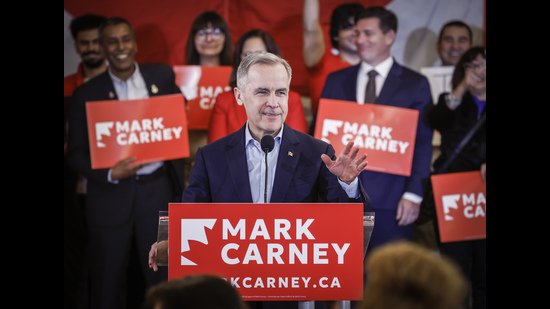NEW DELHI: The Supreme Court on Monday permitted YouTuber Ranveer Allahbadia to resume his podcast, The Ranveer Show, on the condition that he maintains decency and moral standards in his content.
Allahbadia had approached the court seeking partial relief from an earlier order that had restrained him from airing his show. He argued that the ban affected his livelihood and the jobs of his 280 employees.
The Supreme Court acknowledged the importance of fundamental rights but emphasized that they come with restrictions. “Fundamental rights are not served on a platter; there are certain limitations,” the bench observed. The court ruled that Allahbadia could resume his podcast only after submitting an undertaking to ensure that his content remains appropriate for viewers of all age groups.
Background of the Controversy
The controversy erupted after Allahbadia appeared as a guest on comedian Samay Raina’s YouTube show, India’s Got Latent. During the episode, Allahbadia posed a highly controversial question to a contestant—”Would you rather watch your parents… or join in once and stop it forever?”—which triggered widespread backlash. Following the public outrage, a formal complaint was filed against Allahbadia, Raina, comedian Apoorva Mukhija, and others.
Government’s Stand on Content Regulation
Solicitor General Tushar Mehta, representing the Centre, told the Supreme Court that while the show was not outright vulgar, it was “perverse.” He remarked, “Humour is one thing, vulgarity is another, but perversity is on a different level.” Mehta further suggested that Allahbadia should remain silent for some time.
The Supreme Court noted the need for regulatory measures to prevent the broadcast of content that violates societal moral standards. The court urged the government to propose regulations that balance the right to free speech under Article 19(1)(a) with reasonable restrictions under Article 19(2).
The bench suggested that any potential regulatory framework should first be put in the public domain to gather feedback from stakeholders before implementing legislative or judicial measures.




